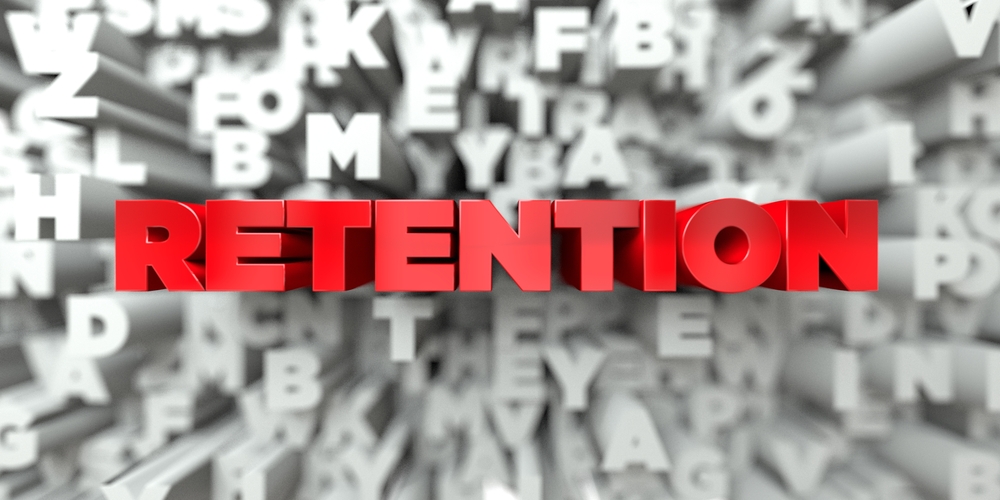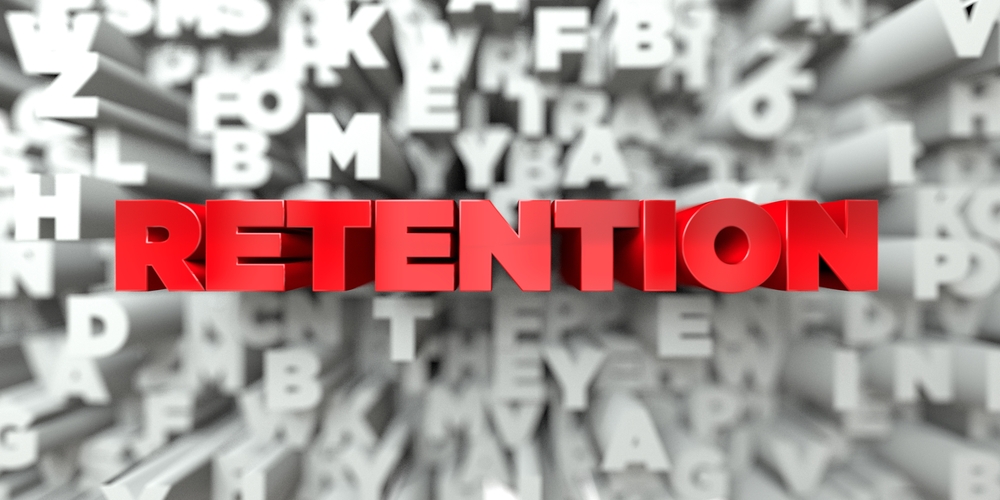Who's that Girl?
Top 3 Things HR Leaders Can Do to Impact Retention in 2018
Originally posted: January 4, 2018 on TrishMcFarlane.com
 The best part of having a diverse career is taking what I learned as a HR leader, an industry analyst and now, a HCM product leader and marrying it together to determine what will work for CHROs and other HR leaders. I’m not thinking about “trends” here, I’m talking about tangible things that you can do today to make real impact in your organization in the next couple months. First, let’s be honest and say that no matter what you read, the ability to strategically find and keep talent, pay people properly and provide benefits are the most important jobs in human resources. Period.
The best part of having a diverse career is taking what I learned as a HR leader, an industry analyst and now, a HCM product leader and marrying it together to determine what will work for CHROs and other HR leaders. I’m not thinking about “trends” here, I’m talking about tangible things that you can do today to make real impact in your organization in the next couple months. First, let’s be honest and say that no matter what you read, the ability to strategically find and keep talent, pay people properly and provide benefits are the most important jobs in human resources. Period.
I won’t tackle all those in one post, so for today,we’ll focus on retention. Why retention? Well, according to the latest HR Impact Survey from Aptitude Research Partners (coming soon), Mollie Lombardi and Madeline Laurano studied 508 organizations and their 2018 priorities and practices. The top priority for companies of all sizes is retention.
What are the top 3 things you can do to impact RETENTION this year?
- Renewed focus on learning systems- This is an important shift in the last 18 months. For a few years, we were seeing decline in interest in learning systems. This is partly due to to HR leaders focus on new HRIS systems in general. Now that HR leaders have greater understanding about the direction of HR technology and it’s becoming more mainstream, learning and how to modernize it are the focus. Analysts are shifting research attention there. Vendors are also reconsidering spending on learning system development. It’s about creating learning systems that provide not just personalized options, but those that are prescribed using AI and other data science. Then, making those options mobile and bite-sized. This will impact the individual learning needs that each employee has and have them receive it in a way that meets their personal preferences. All these things have an impact on the HR team, from the way it is tracked and reported to the way it feeds things like managing succession plans for an organization.
- Wellbeing- I’m excited to see this topic gaining traction. There has been a noticeable shift from “wellness” to “well-being”. For the past 5 years, vendors were primarily focused on creating tools to monitor health, count steps, possibly even encourage healthy eating habits. They called that wellness. The difference is that HR leaders now see the value of modernizing what loosely used to fall into EAPs. Today, technology being built goes beyond physical wellness and includes financial tools. This shift to focus more holistically on the employee’s needs externally will help aleviate the time employees spend worrying about these things while at work. This will continue to gain importance as more of the Boomer generation reaches retirement and their children are faced with financial and medical needs of their parents. Organizations that provide tools to help them will be more highly desired.
- The digital manager- This concept of having systems that enable managers using AI and machine learning is becoming a real disruptor in conversations with HR and other business leaders. The desire to go beyond capturing data to combining the employee and organizational data in ways that has been almost impossible to do in the past is fast becoming what leaders are looking for. With technology offering options now to do that, it actually frees up time that HR teams used to spend on manually manipulating data for internal leaders to make assessments of situations. Further, putting that power of prediction and prescription into the hands of leaders on the go via mobile is now an expected goal. This data mobility, in theory, should also change the way that employees and managers lean on human resources. Instead of considering HR there just to answer questions, we are starting to see a shift in the industry of hr leaders as interpreters of data, not just providers. For the employee, the benefit (and impact on retention) is that they are more empowered by the technology. By having it understand their needs and interpreted in that way, it provides a more personalized experience with their managers too.
So, as a human resources leader, which ones resonate with you? Which ones do you think you can embrace today to make a difference in the first quarter of 2018?
*Be sure to head to the Aptitude Research Partner site and watch for the latest report.

Author
Categories
Tags
Share
Related Posts
How we can help
Led by Trish Steed and Steve Boese, H3 HR Advisors harnesses over 40 years of experience to delivery HCM insights and guidance to global organizations.
H3 HR Advisory services
By leveraging technology, analytics, and our deep industry knowledge we can help you to reposition your workforce and ensure that you have the right people with the right capabilities in the right roles to positively impact the growth of your business.
HR Happy Hour Podcast Network
Created in 2009, The HR Happy Hour Show is hosted by Steve Boese and Trish Steed and is the longest continuously running internet radio show and podcast on Human Resources, HR Technology, Talent Practices, Workplace and Leadership topics.
H3 HR Speaking Services
We work closely with every client to customize your content - keynotes, webinars, research, infographics, and buyer’s guides - to inspire, educate and inform the audience enabling you to reset and realign your organization for a talent-led breakthrough.
Get in touch
Talk to us today and find out how we can help you and your organization leverage HCM technology to attract, onboard, retain and manage top talent.


